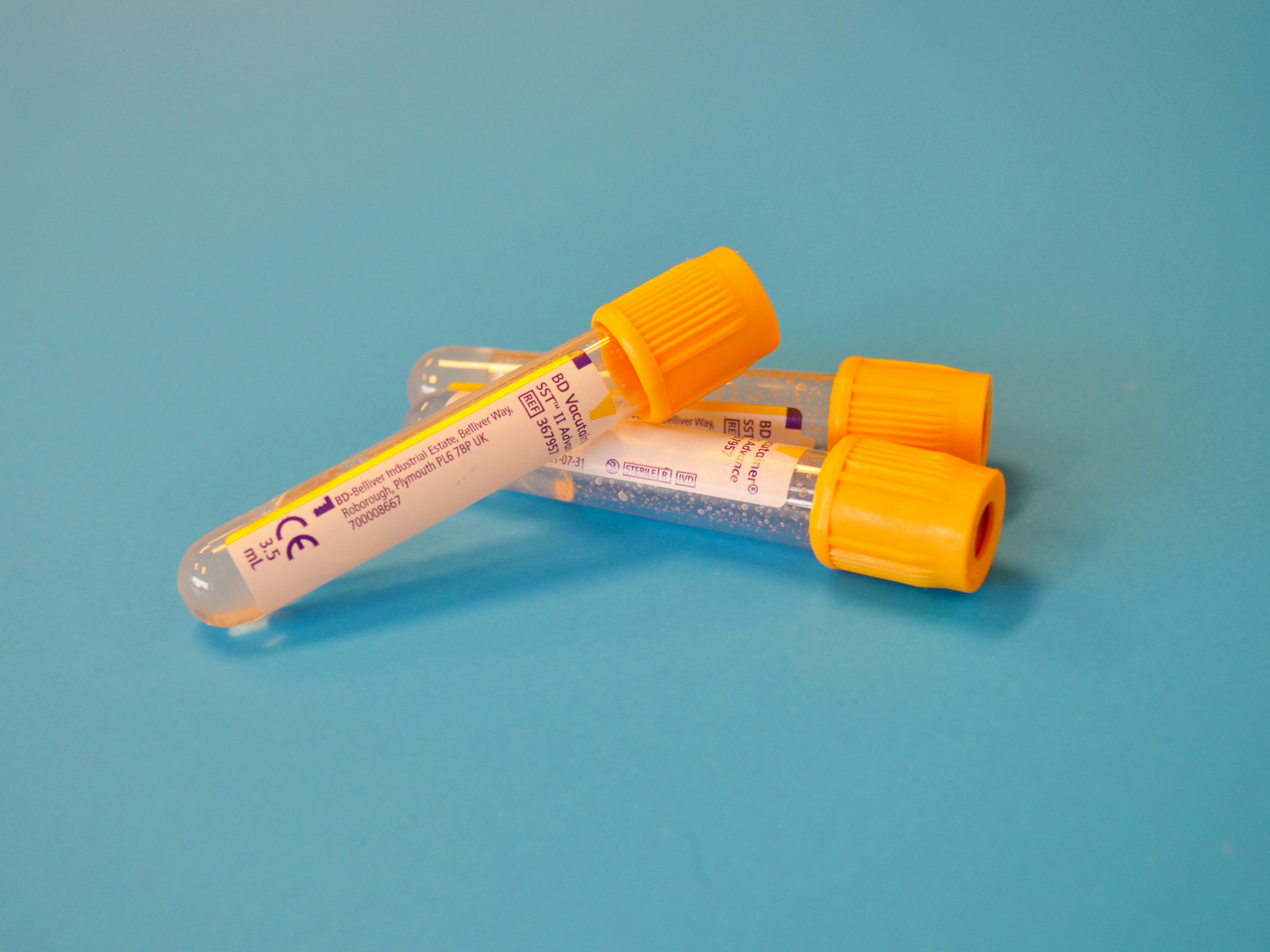Medical Treatments and When to Seek Support After Miscarriage
When miscarriage has occurred, understanding medical treatments and knowing when to seek specialist care can provide reassurance and increase the likelihood of a healthy future pregnancy. This section reviews evidence-based approaches to hormonal, autoimmune, and metabolic care.
Treating Thyroid and Hormonal Imbalances
- Levothyroxine safe for overt hypothyroidism
- Subclinical hypothyroidism and thyroid autoimmunity require individualized discussion
Progesterone Support and Luteal Phase Care
- Helpful in threatened miscarriage with prior history or as part of ART protocols
- Typical dosing: micronized progesterone 200 mg vaginally twice daily, starting after ovulation or positive test, continued to 10–12 weeks
Managing Autoimmune and Clotting Disorders (APS)
- Low-dose aspirin + prophylactic LMWH
- Therapeutic LMWH if prior thrombosis under specialist supervision
Metabolic and Blood Sugar Optimization for Fertility
- PCOS: Metformin preconception + first trimester may reduce miscarriage risk
- Diabetes: Optimize A1C <6.5% preconception
- Address dyslipidemia prior to pregnancy; avoid statins once pregnant
When to See a Fertility or Pregnancy Specialist
- ≥2 consecutive pregnancy losses with abnormal investigations
- APS, thyroid autoimmunity, metabolic/endocrine issues requiring treatment
If you’ve experienced one or more miscarriages, testing and targeted support can help you move forward with confidence. Learn more about fertility and miscarriage support at mailledevlin.com
Disclaimer: This article is for informational purposes only and is not medical advice. Consult with a healthcare provider before making significant changes to your caffeine consumption, especially if you have underlying health conditions.
Looking for help on your health and wellness journey? Let’s Chat!










